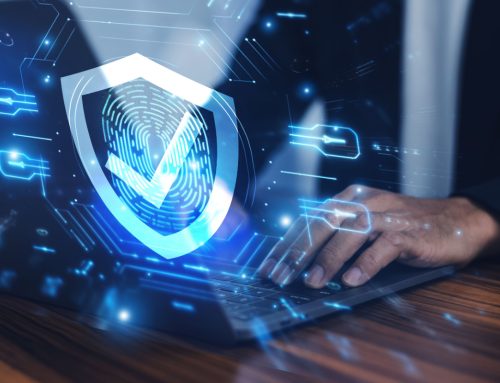Being security compliant means your IT protocols align with the requirements of industry standards such as ISO/IEC 27001 and SOC 2.
For some organisations, IT security compliance is a requirement of doing business, while for others it’s a demonstration of commitment to security.
Gaining security compliance can yield several business benefits, including:
- Avoid fines over non-compliance
- Demonstrate a clear commitment to security
- Build a culture of security within your organisation
- Win new business and retain customers
- Gain greater partner and customer confidence in your organisation
Five-step security compliance checklist
No business is too small to avoid hackers and cybercriminals. If you want to gain security compliance, here are five steps to follow:
-
Gain ISO 27001 compliance
ISO 27001 is the most comprehensive international standard for establishing, operating, monitoring, reviewing and maintaining an ISMS. An ISMS defines and controls how you will manage your organisation’s information security.
-
Back up data regularly
Regularly back up all your data and don’t rely on any single system. Feel free to use local storage but always back this up to the cloud. Hybrid cloud storage is a useful solution when you need to backup on private and public clouds.
-
Patch up operating systems
Keep your operating systems updated. Run scheduled maintenance on all devices to install security patches and the latest drivers. Focus on machines that are vulnerable to attacks like servers, desktop workstations and networks.
-
Whitelist applications
Only use approved software in your organisation. Test and manage different apps and software platforms to assure their security. Only allow approved software to run and banish apps that have a history of security problems.
-
Manage admin privileges
Ensure that admin rights are restricted to only highly trained personnel. Only your IT team should be able to install software and security patches. Consider blocking access to systems at certain times to prevent unscheduled access.
As a businessowner, you are responsible for ensuring your IT is compliant with security standards. We recommend gaining ISO 27001 compliance and using the recommendations set out in the standard to empower your security policy. Do contact us to discuss your security challenges.





